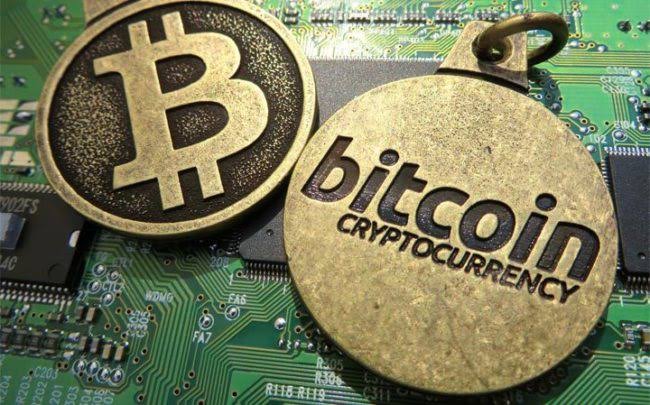In the United States, white supremacist organizations have occasionally received funding from cryptocurrency, as per an analysis conducted by the Anti-Defamation League (ADL) last year that examined approximately $140,000 in transactions linked to fifteen extremist organizations or individuals.The ADL, an advocacy organization based in New York that fights extremism and antisemitism, observed that supporters of the bitcoin movement used a variety of digital asset platforms to transfer funds to hate groups; however, there was no proof that the funds were used for any illegal activity, including domestic terrorism.Furthermore, the research revealed that American banks frequently redirected the bitcoin that supporters had donated into the conventional financial system.
“Extremists have increasingly turned to cryptocurrency due to the mistaken belief that the technology offers anonymity and is impervious to deplatforming,” noted the report from the ADL’s Center on Extremism, examining how the assets made their way into the hands of white nationalists. “Neither of these assumptions are accurate, but extremists have benefited from the lenient practices of cryptocurrency platforms, which often allow extremists to use their services.”
According to the research, the American exchange Kraken facilitated about half of the transactions observed by the ADL, with the other transactions going through Binance, Coinbase, and other platforms.White supremacist publishing organization Counter-Currents was the largest beneficiary.
In order to clearly forbid the use of their cryptocurrency exchanges to finance hate and extremist-related activities, the ADL advises the cryptocurrency companies to “update their policies.”It also recommended that governments impose restrictions on tokens designed to protect privacy.
“Continued vigilance in the cryptocurrency space, as well as other financial technology spaces, and responsible moderation by the underlying platforms, are needed to combat the financial elements of this rise in antisemitism, extremism and hate,” the organization concluded in its report.
The cryptocurrency sector has already seen reputational harm as a result of claims that tokens were being used to finance acts of terrorism, including the bombings carried out by Hamas in Israel.Even while this study only looked at one cryptocurrency and a tiny number of domestic extremists, it raises concerns about the continued connection between financial advances and extremism.
Crypto exchanges contend that, in contrast to banking, most cryptocurrency transactions are carried out in open sight and that they are fighting criminality.
A Kraken spokesperson said the company is disappointed the ADL wrote its report “without engaging us in any dialogue” about its know-your-customer policies and money laundering protections.
“Kraken is vigilant in enforcing these policies and taking proactive steps to prevent Kraken’s services from being used as a vehicle for money laundering, terrorist financing or any other illicit activity,” the spokesperson said in a statement.
Similarly, Coinbase Chief Policy Officer Faryar Shirzad responded that the company “does not tolerate any illegal activity – of any size – on or using the Coinbase exchange,” adding that “our terms of service make this clear.”
The U.S. exchange, according to Shirzad, is subject to “clear rules around anti-money laundering and sanctions that apply to fiat and crypto.”According to him, the research made a mistake by failing to distinguish between offshore organizations that have acted as key hubs for illegal activity and law-abiding, licensed US exchanges. He also stated that criminals still prefer using case because they “want to avoid the transparent nature of the blockchain.”The investigation did not level any specific charges concerning the money financing unlawful behavior, even though the cryptocurrency companies justified their attempts to thwart wrongdoing.
Extremist organizations also make use of the conventional banking system, which excludes the transparency the ADL employed in its assessment and includes credit cards, bank accounts, and internet payments.But excluding the groups from the mainstream banking network tends to generate questions of censorship.Financial institutions like JPMorgan Chase & Co. have made significant financial contributions to anti-hate organizations like the Anti-Defamation League.However, it is challenging to evaluate the banks’ internal policies from the outside on their reviews of clients who have connections to extremist groups.


